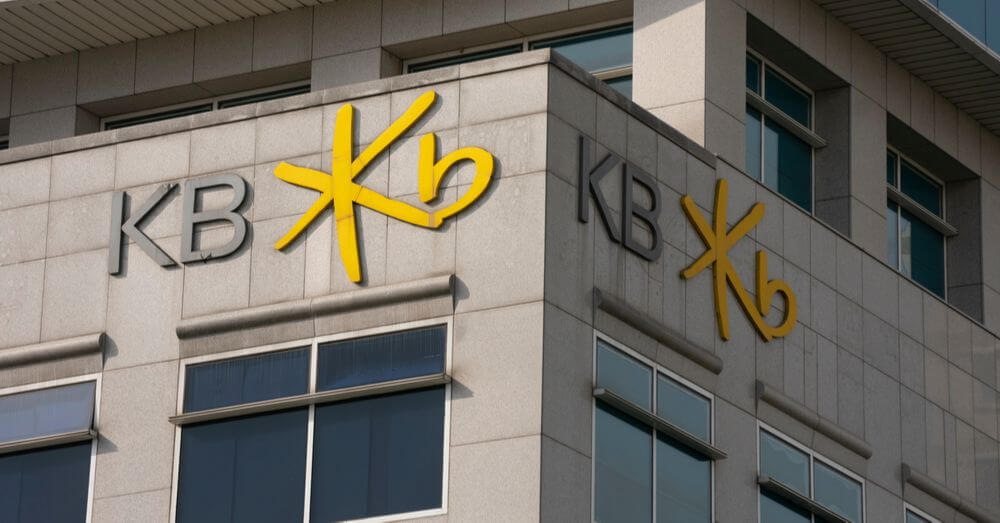
KB Kookmin has partnered with Hashed, Cumberland Korea and Haechi Labs for the project
KB Kookmin Bank, a large South Korean bank, is working on launching a cryptocurrency custodial service for its clients. Developments on this new project have been made possible due to a collaboration between the bank and three business entities: Hashed, a blockchain venture fund, Cumberland Korea, a digital asset trading platform and Haechi Labs, a smart contract security audit firm.
This news was revealed in a Medium blog post by Jin Kang, a legal and compliance officer at Hashed. According to the post, the partnership will focus on the management and storage of digital assets, the mutual advocacy for optimal regulatory developments, as well as the transformation of the traditional financial sector.
The announcement also emphasises the urgency for South Korea’s financial services to develop blockchain technology, particularly after news that US banks received the go signal to provide custody services for digital assets.
“With other major countries such as China and Japan joining the global arms race for central bank digital currency (CBDC), there is an increasing demand among financial institutions to gain exposure in blockchain based financial assets and services,” Kang wrote.
Within South Korea, the KB Kookmin Bank (KB) is one of the four largest banks by asset value. Spokespeople from the bank revealed they believe the financial field will soon undergo digitalisation, and that all major banks need to be prepared.
In addition, they highlighted how the digital asset industry will not only encompass cryptocurrencies, but also touch on other traditional assets, such as real estate and artwork.
The Chief Executive Officer (CEO) of Hashed, Simon Kim, expressed his optimism regarding the partnership.
“I welcome this opportunity to collaborate with KB Bank so that South Korea can take the lead in the emerging market of digital assets. Combining our insight in the blockchain industry and providing both technical and commercial consultations will inevitably open new doors to consumers as well as to the country in ushering the new era of digital transformation,” Kim said.
The South Korean Government has continued to explore possibilities for taxing cryptocurrency profits in the country. This follows their amendment on the Act of Reporting and Use of Specific Financial Information, which provided legal recognition for digital assets and classified them as taxable in the first place.
This is a clear step forward on their stance supporting cryptocurrencies, and a departure from their previous plans to ban domestic ICOs in 2017.

